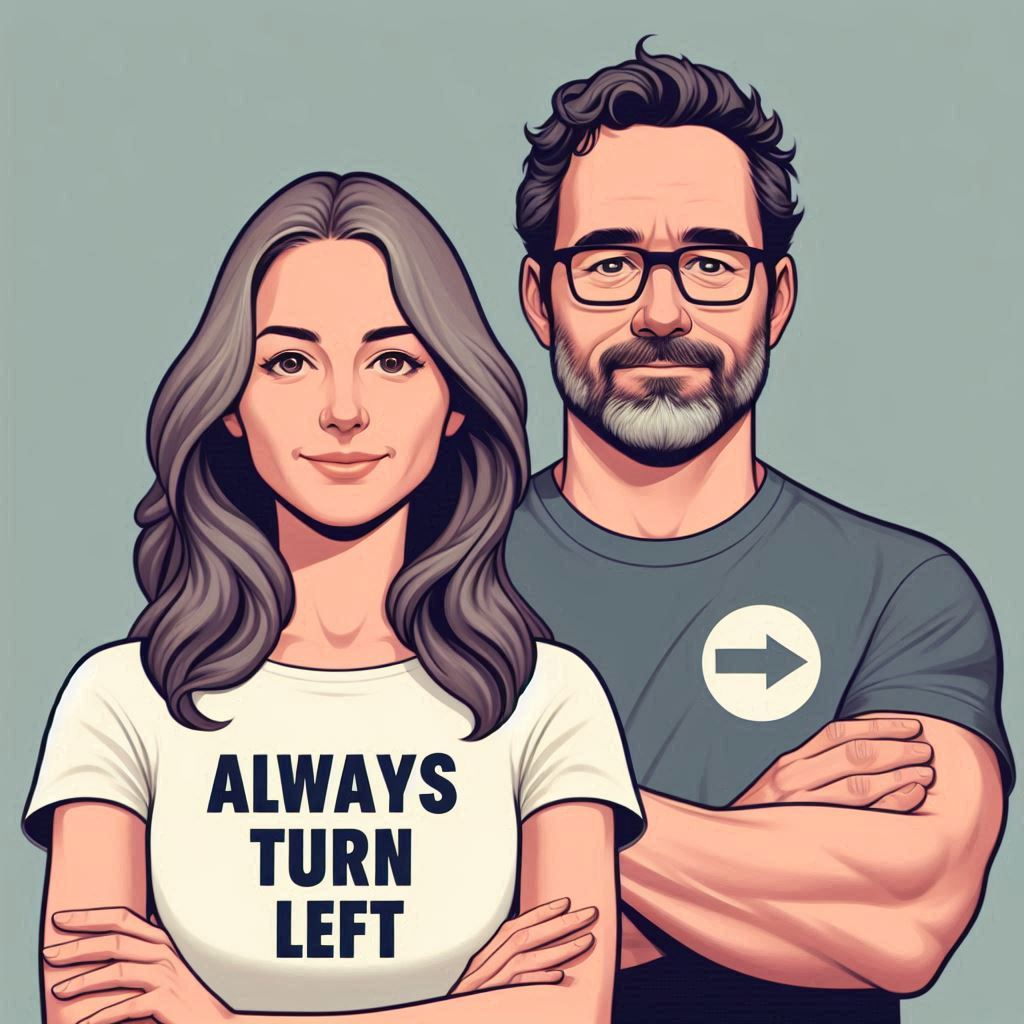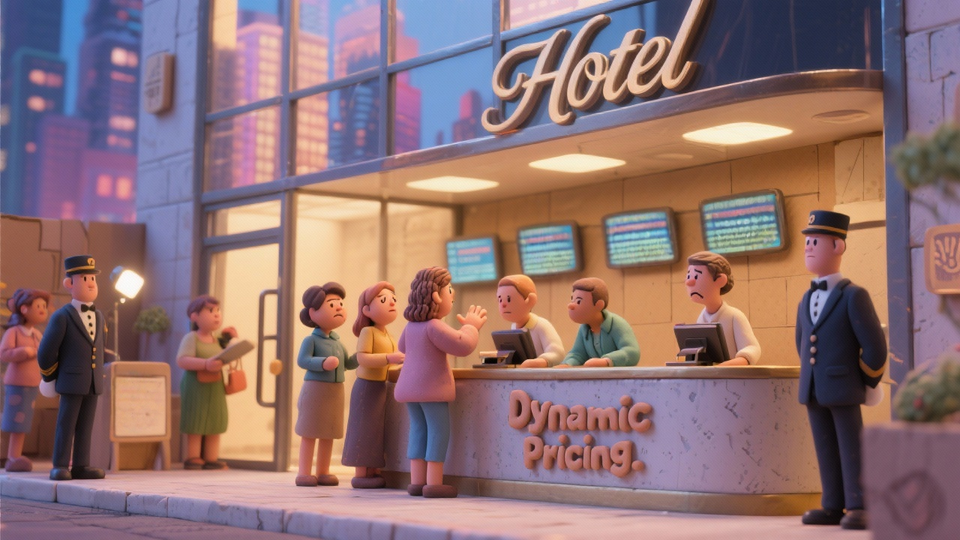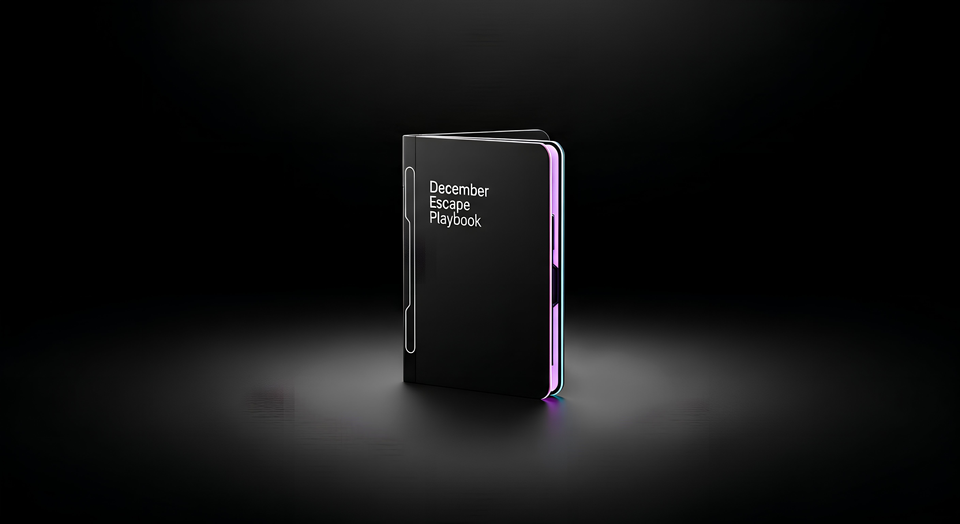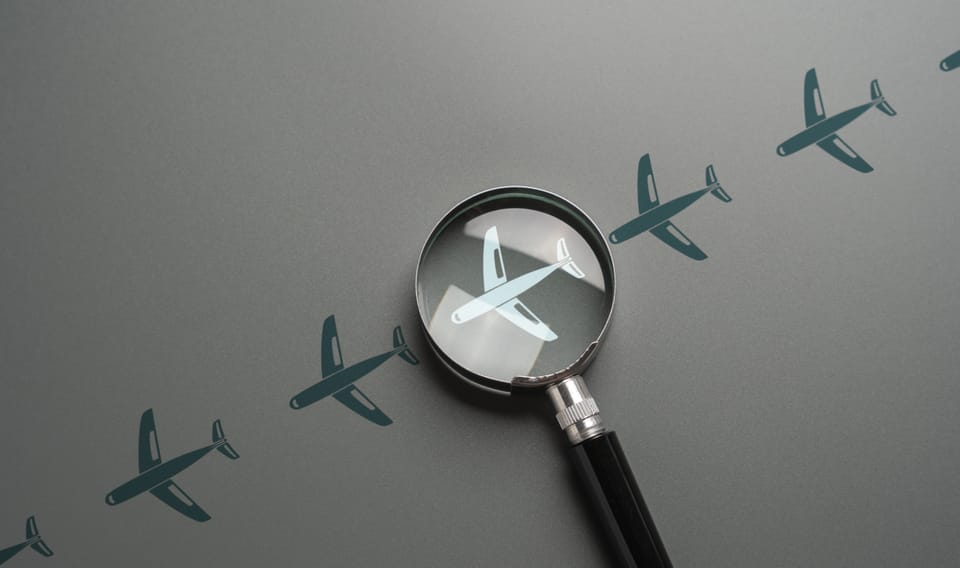Your Most Expensive Employee Is You: Why CEOs Should Never Book Their Own Award Travel
This one is for the business owners who think they are a travel agent. Every “quick check” on flights drains hours of $500/hour time and burns points badly. DIY redemptions mean wasted value, missed bonuses, and stress. Outsourcing isn’t luxury - it’s leverage. Stop paying the hidden tax.


If You Only Had 60 Seconds to Read This Article
| Click Here 🤏🏻
CEOs don’t spend five hours booking one flight, but they do waste dozens of hours across the year dipping in and out of loyalty programs. Those “quick checks” add up, and the opportunity cost is brutal. Every hour chasing phantom availability is an hour stolen from revenue, strategy, or real rest. That’s the hidden tax of DIY award travel.
The cost isn’t just time - it’s mistakes. Bad transfers you can’t undo, missed transfer bonuses, overpaying in miles for economy when lie-flats were available, and balances that rot instead of work. What feels like clever hacking is usually just leaving tens of thousands of dollars in value on the table.
Outsourcing award travel isn’t indulgence, it’s leverage. The right partner unlocks better seats at lower mileage, eliminates wasted hours, and preserves your sanity. It’s the same principle that keeps you from doing payroll or fixing the office Wi-Fi: high-value leaders don’t do low-value work.
The punchline is simple: your business doesn’t need another travel agent. It needs a CEO. If you stop paying the hidden tax of DIY bookings, your points work harder, your hours compound, and you fly in the cabin that matches your actual worth.
Everything else you need to know is just below 👇🏻
🎞️: Powered by NotebookLM @ UpNonStop
Let’s get this out of the way: nobody spends five hours booking a single ticket. Not even the most stubborn points hobbyist. That’s not the problem.
The real problem is the pattern. The late nights with 12 browser tabs open. The “quick check” on United that turns into an hour-long spiral. The endless refreshing, the half-finished transfer to Aeroplan, the call to Amex that gets dropped at minute 42.
Add it all up across a year, and suddenly the CEO of a $5M business has invested days (not hours) playing amateur travel agent. That’s not travel strategy. That’s expensive self-sabotage.
The Most Expensive Employee in the Company
Here’s the irony: the most overpaid travel agent in your company is the business owner.
If you value your time at $500 an hour (and you should), then even 30 minutes wasted chasing phantom availability costs more than any redemption service. Multiply that across a handful of trips, and the hidden tax quickly reaches five figures.
Meanwhile, the payoff?
A “good enough” flight you probably overpaid for in miles. The real ROI? Negative.
The Hidden Tax of DIY Award Travel
The hidden tax of DIY isn’t just your time. It’s the compounding mistakes you don’t even realize you’re making:
- Phantom inventory: spending an hour chasing a seat that never existed.
- Bad transfers: moving points into the wrong program with no way back.
- Missed bonuses: skipping a 30% transfer promo because you didn’t know it was running.
- Overpaying in miles: settling for economy when lie-flats were available for the same or fewer points.
Individually, they look like small errors. Collectively, they gut the value of your loyalty strategy.
The CEO Trap
Why do business owners fall for it? Because the loyalty system is designed to flatter you.
Big balances look like success. Hunting for seats feels like solving a puzzle. That dopamine hit of “locking in” an award makes you feel like you gamed the system.
But you didn’t. You got played. Airlines and banks don’t make billions selling points because you’re smarter than them. They make it because you’re distracted enough to settle for pennies when dollars were available.
What Outsourcing Actually Buys You
Outsourcing award travel isn’t about laziness. It’s about leverage.
- You buy back your time: Those hours of hunting disappear.
- You unlock better redemptions: Specialists know the sweet spots you’ll never stumble across.
- You reduce waste: Every transfer, every booking, every mile hits harder.
- You stay sane: No more 1 a.m. tabs, no more hold music, no more rage at “No availability.”
Outsourcing isn’t indulgence. It’s an extension of the same principle that keeps you from doing payroll or fixing the office Wi-Fi: CEOs don’t spend their best hours on the lowest-value work.
Case Study: The Owner Who Thought He Was “Saving”
A consulting firm CEO once told us he “saved $4,000” by booking his own family’s flights to Italy. When we unpacked it, here’s what actually happened:
- He burned nearly 400,000 points for four economy tickets.
- He spent three nights in a row trying to piece the trip together.
- He missed a business class option that would’ve cost fewer miles and delivered $12,000 in value.
That wasn’t a $4,000 savings. It was an $8,000 loss, plus a week of late nights wasted.
5 Key ProTips: How to Stop Paying the Tax
Final Thoughts: The Punchline
Your business doesn’t need another travel agent. It needs a CEO.
Every time you dive into award hunting, you trade high-value hours for low-value tasks. You pay a hidden tax in time, in mistakes, and in missed opportunities.
The fix is obvious: stop being your own most expensive employee. Buy back your time, unlock better redemptions, and start flying like the leader you actually are.
Because the next time you find yourself refreshing a phantom award seat at 1 a.m., remember: the most valuable seat you’ll ever occupy isn’t in row 1A. It’s in the CEO chair.




